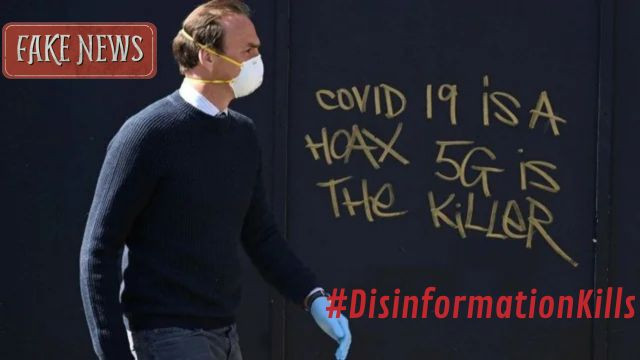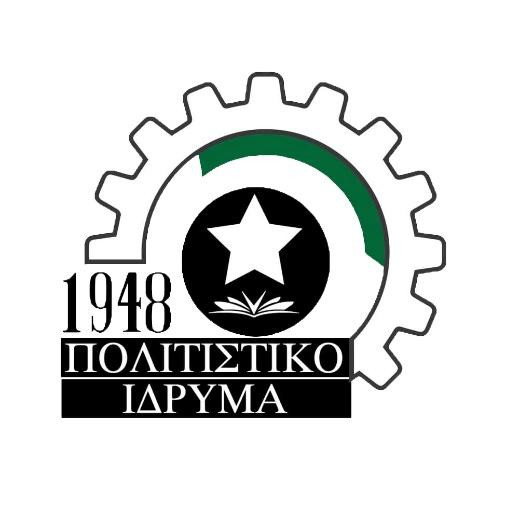In an age of overwhelming digital information, disinformation, intentionally misleading or false content, has become one of the most pressing threats to democratic societies. Cyprus is no exception. From divisive narratives around migration to health conspiracies and geopolitical manipulation, the island faces a growing wave of fake news and manipulated media, often spreading faster than truth itself.
Cyprus’s vulnerability to disinformation stems from a unique combination of social, political and media-related factors. The island’s geopolitical division fosters echo chambers and identity-based biases, which are easily exploited by targeted propaganda or polarizing narratives. Limited media pluralism means a small number of outlets dominate public discourse, often reinforcing prevailing ideologies. Cultural habits, such as sharing emotionally charged content without fact-checking or reading beyond headlines, accelerate the spread of misinformation. Moreover, while digital usage is high, digital and media literacy levels remain relatively low, especially among older populations or in rural areas. Regulatory gaps persist as well: while recent proposals seek to criminalize the publication of “fake news,” press freedom advocates have warned that such laws might stifle independent journalism rather than improve transparency. In short, the problem is multifaceted and so must be the solutions.
Cyprus is particularly vulnerable to disinformation, as confirmed by a growing body of research and statistical evidence. A 2024 media survey published in MDPI found that 78% of Cypriots are seriously concerned about the spread of online misinformation, while 67% expressed anxiety over the potential use of AI to generate false content. Despite this concern, the country shows alarmingly low resilience: only 17% of Cypriots verify online information regularly, placing it among the least media-literate nations in the EU, according to the Media Literacy Index 2023, where Cyprus ranks 28th out of 41 countries. The European Commission’s Digital Decade Country Report for 2024 further underscores this digital vulnerability, revealing that just 49.5% of Cypriots possess at least basic digital skills, significantly below the EU average of 55.6%. A Statista survey echoes this concern, placing Cyprus among the top European countries where citizens report encountering disinformation “often” or “very often.” These figures highlight not only the scale of the problem but the urgent need for coordinated national efforts in digital education, critical thinking, and media responsibility.

Disinformation in action: local examples
Disinformation in Cyprus has taken many forms, often blending emotional appeal with distorted or entirely fabricated content. One widely circulated example was a viral Facebook post falsely alleging that migrants had attacked a woman with a knife in Nicosia, a claim later debunked through online discussions and cited as a case study in media literacy workshop that took place in Nicosia at 17/05/2025 under the MEDMAS project. During the COVID-19 pandemic, conspiracy theories also found fertile ground: a video claiming that vaccinated arms became magnetic gained traction across Cypriot social media platforms, despite being thoroughly debunked by fact-checkers at Snopes, Reuters, and PolitiFact. Meanwhile, disinformation has also taken on more organized forms, as seen in an investigative report by the Financial Times that exposed deceptive student recruitment schemes in Northern Cyprus, in which agents lured young people under false promises of EU-recognized degrees. Even international politics has not been spared: the Cyprus Internet Research Network (CIReN) recently dismantled a viral hoax claiming that Ukrainian President Volodymyr Zelensky had purchased a casino in the occupied north of the island. The story originated from a fabricated website and used spoofed visuals and domains to appear authentic. These cases illustrate not only the diversity of disinformation circulating in Cyprus but also the ease with which it exploits fear, prejudice, and misinformation to manipulate public perception.
Disinformation in Cyprus thrives on platforms like Facebook, TikTok, YouTube and closed messaging apps (e.g., Viber, WhatsApp), where fact-checking is minimal and echo chambers flourish. Clickbait headlines, emotional storytelling and doctored visuals are powerful tools used to grab attention and bypass critical thinking.
A key problem is the habit of not clicking past the headline, with many users forming opinions or resharing content based solely on what they see in a scroll.
Despite the challenges, Cyprus has begun to take meaningful steps toward building societal resilience against disinformation. A key milestone was the launch of Fact-Check Cyprus in 2023 by the Cyprus University of Technology and its partners—the country’s first national centre dedicated to the independent verification of information, public education, and academic research on misinformation. At the grassroots level, innovative initiatives like the Media Masters (MEDMAS) project, led locally by Cultural Foundation 1948, are making media literacy both accessible and engaging through an interactive board game and community-based workshops and conference. These activities not only help participants identify fake news but also foster critical thinking in informal, inclusive settings. Meanwhile, youth-focused programs such as “Co-Creating Media Literate Youth” and “Antibodies to MisInformation” provide toolkits, school curricula and peer-led seminars aimed at empowering young people and educators with the tools they need to navigate a complex media landscape. At the European level, the European Commission has pledged €5 million in support of disinformation resilience across Member States, with Cyprus eligible for funding to strengthen media education, civil society engagement, and local capacity-building. Together, these efforts signal a growing recognition that tackling disinformation requires both institutional investment and community-driven action.
In a rapidly evolving digital landscape, disinformation poses a serious threat to trust, dialogue and democratic participation in Cyprus. Combating it requires more than fact-checking, it calls for a collective commitment to critical thinking, inclusive education, and empowered communities. By investing in media literacy today, we lay the foundation for a more informed, resilient and united society tomorrow.
📎 Useful links and references:
Statista – Frequency of Fake News in Europe
Giomelakis, D., Constandinides, C., Noti, M. & Maniou, T. A. (2024). Investigating Online Mis- and Disinformation in Cyprus: Trends and Challenges. Journalism and Media, 5(4), 1590-1606. https://www.mdpi.com/2673-5172/5/4/99
Delivered By
